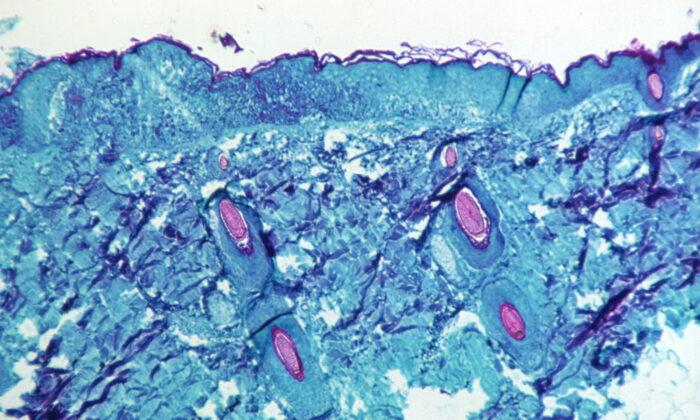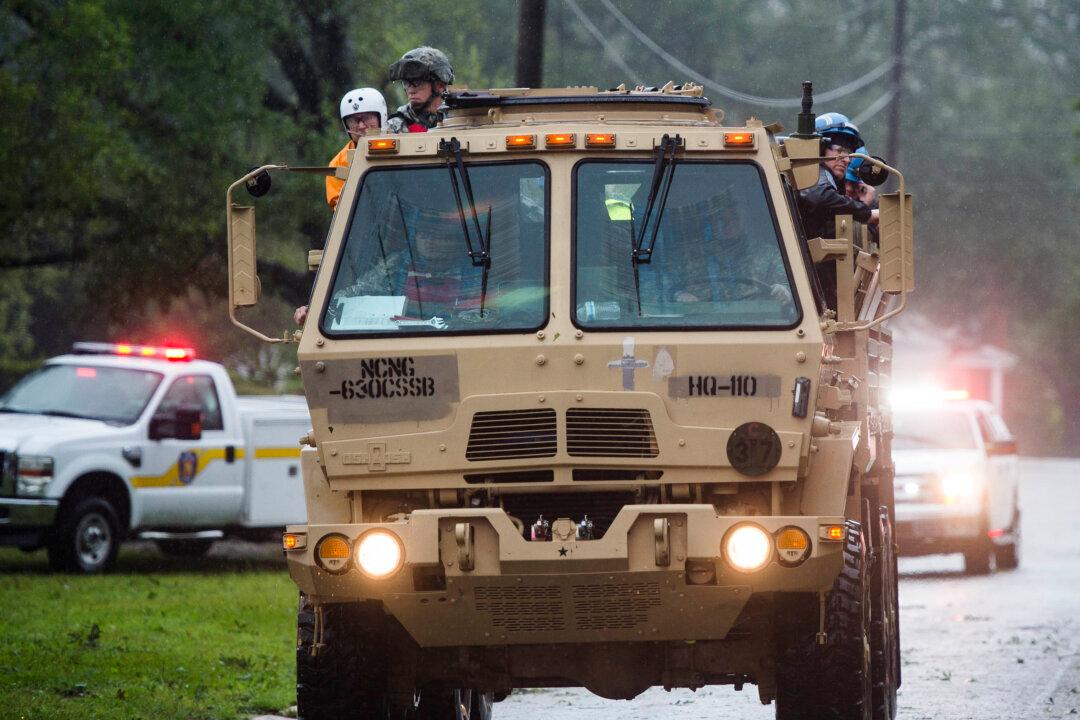The Centers for Disease Control and Prevention (CDC) has revised its travel advisory related to the recent monkeypox outbreak around the world from Level 1 to Level 2.
“None of these people reported having recently been in central or west African countries where monkeypox usually occurs, including the Democratic Republic of the Congo and Nigeria, among others,” the advisory continues.
Travelers should avoid close contact with sick people, namely those with skin lesions. They are advised to avoid contact with dead or living wild animals such as small mammals, rodents, and primates. The CDC also says that people shouldn’t prepare or eat meat from wild game in Africa.
“Contact with contaminated materials used by sick people (such as clothing, bedding, or materials used in health care settings) or that came into contact with infected animals” is also not recommended, the CDC adds.
While the agency concluded that the risk to the general population still remains low, it says people should seek immediate medical care if they’ve developed new and unexplained skin rashes and lesions with or without fever and chills.
“We are still at the very, very beginning of this event,” she said. “We know that we will have more cases in the coming days.
“This is not a disease the general public should be worried about. It is not COVID or other diseases that spread fast.”
Monkeypox, a relative of smallpox, is generally only seen in West and Central African countries. Initial symptoms include swollen lymph nodes, chickenpox-like rash, and a fever. U.S. officials have said that the smallpox vaccine can be effective in preventing the spread and transmission of the virus.
The pox-like lesions start out as dark spots on the skin before turning into bumps that fill with fluid. They will eventually scab over and fall off, possibly leaving people with scars or skin discoloration.





